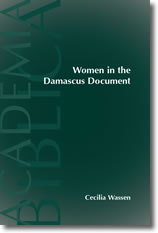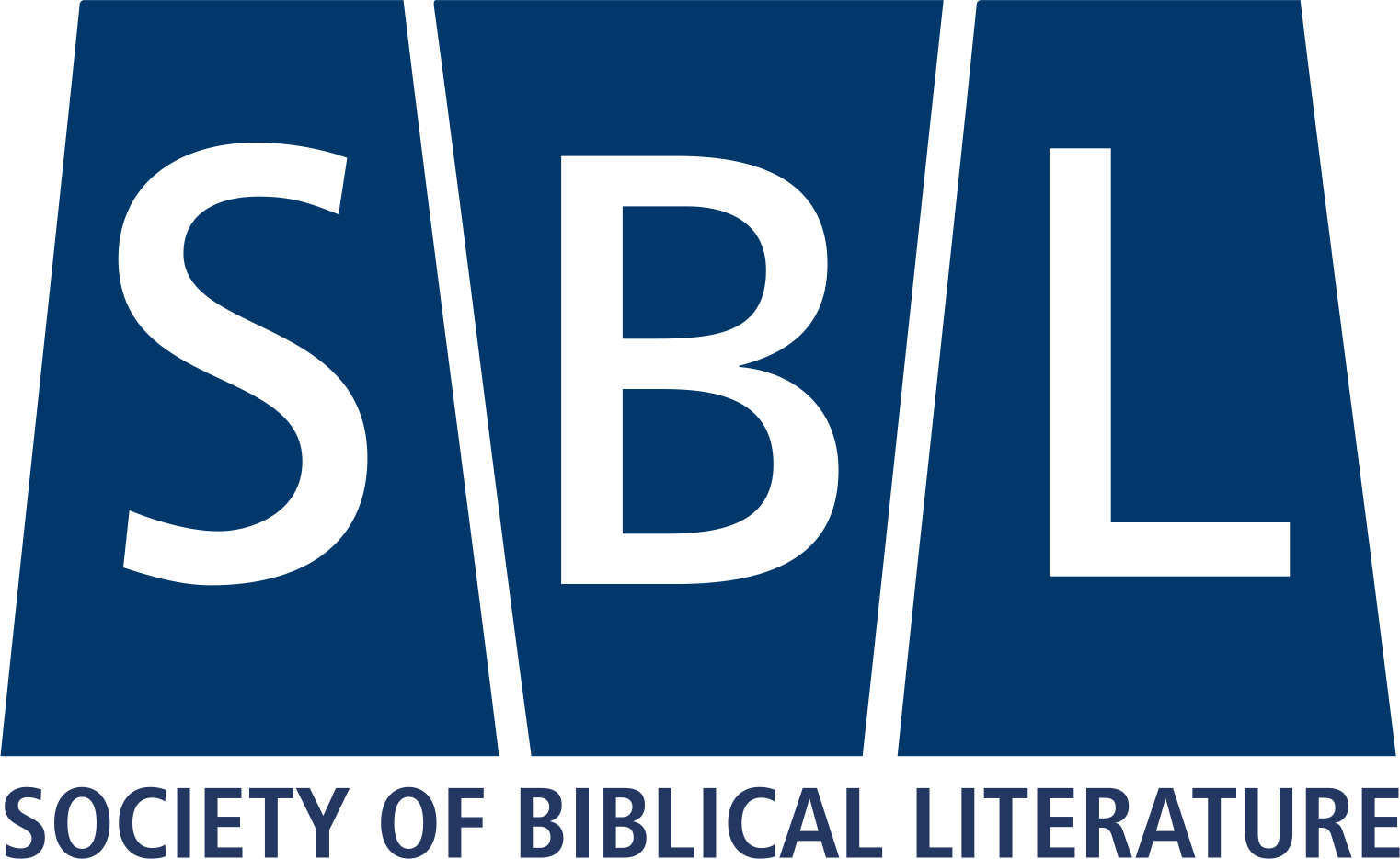
$42.00
Cecilia Wassen is an Assistant Professor in the Department of Religion and Culture at Wilfrid Laurier University in Waterloo, Ontario.
“Wassen has offered a very thorough and stimulating close analysis of the role of women in the D [Damascus Document] community. Her findings reveal a complex picture which does not surprise in such a complex text. I thoroughly recommend this book to anyone interested in the Damascus Document and the wider question of women in the Second Temple period.”
— Charlotte Hempel, Dead Sea Discoveries
“The aim of this interesting and carefully argued study is to explore the role and status of women in the community behind the Damascus Document as a contribution to the debate about the position of women in the sect behind the Scrolls. … The bulk of the work is devoted to a detailed analysis of the passages relevant to women in the early law code and the communal laws, but there are also chapters on the status of women in the Catalogue of Transgressors (4Q270 2 i–ii) and the Admonition. W. argues that while the early law code, based as it is on biblical law, perpetuates a patriarchal viewpoint, and while it adopts a stringent view on issues of purity, in some respects (e.g. the law about women’s oaths, CD XVI 6–12) it represents an improvement in the legal position of women. So far as the communal laws are concerned, W. argues that the community behind D was a sect, and that there is some evidence that women were admitted as full members and were, when not in a state of impurity, allowed to attend communal meetings. She notes the overwhelming authority of the Examiner in all community affairs, including major decisions of individuals concerning such issues as marriage or divorce, and draws attention to the way in which demands for obedience to the community took precedence over family ties.”
— M. A. Knibb, Journal for the Study of the Old Testament
